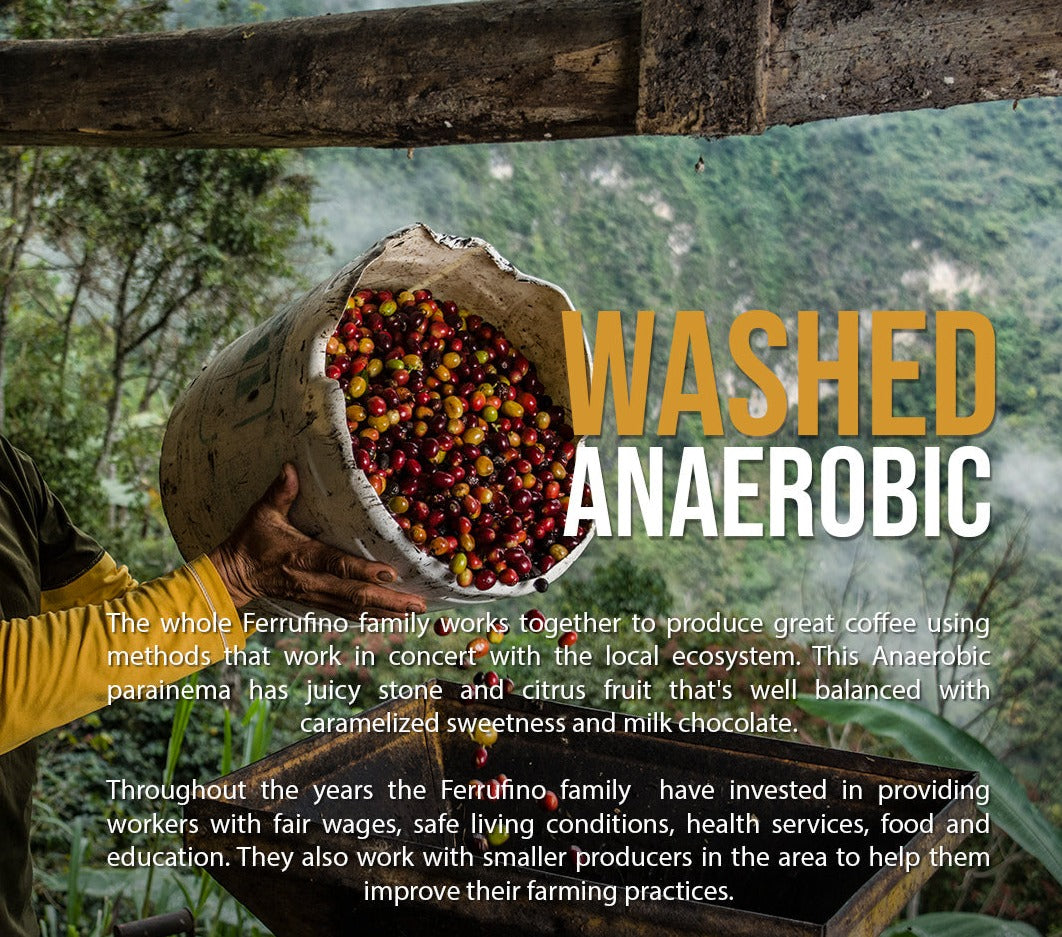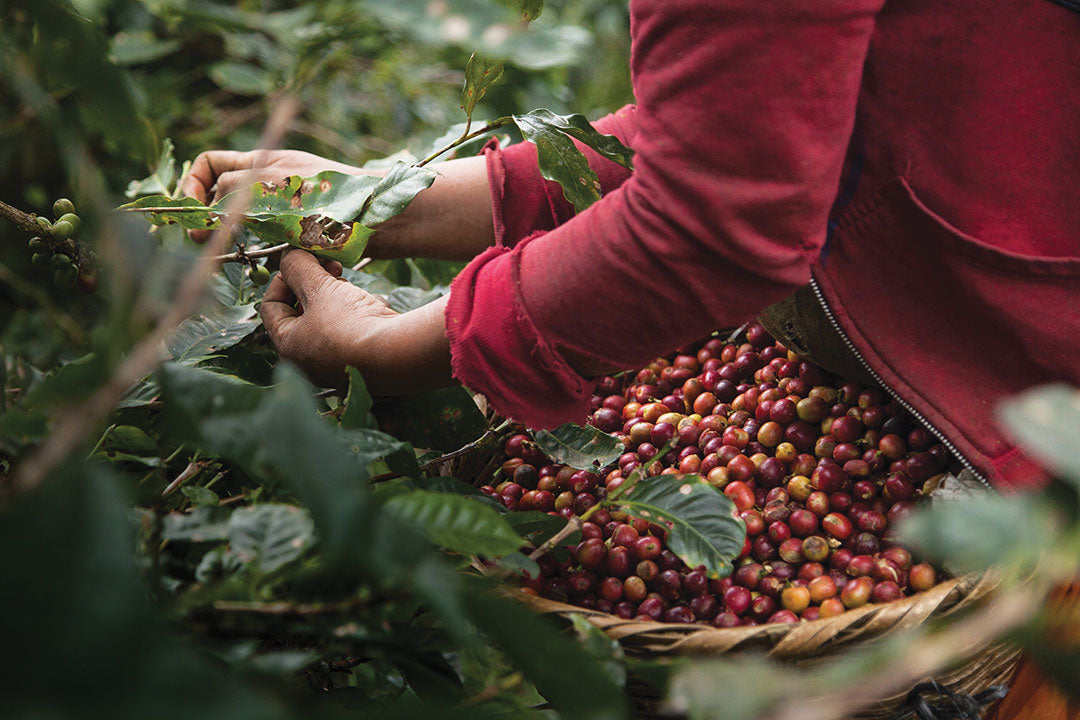Vulcan Coffee Roastery
NICARAGUA - FINCA AURORA - ANAEROBIC
NICARAGUA - FINCA AURORA - ANAEROBIC
Throughout the years, Finca Aurora has invested in providing workers with fair wages, safe living conditions, health services, food and education.
FARM: Finca Aurora
VARIETAL: Parainema
PROCESSING: Anaerobic Fermentation
ALTITUDE: 1,200 to 1,400 meters above sea level
PRODUCER: Enrique Ferrufino
REGION: Matagalpa
TASTING NOTES: Orange Blossom, Plum, Berry Candy
Couldn't load pickup availability





COFFEE IN NICARAGUA
Nicaragua may not be the most famous producer of Central American coffee, but it has great potential. The country is known as the land of ‘los lagos y los volcanes’ (lakes and volcanos) and has many coffee growing ‘pockets’ that few have heard of or experienced. Many producers in the country are experimenting with new varieties and processing methods, making it a specialty origin to watch.
Many coffee producers in Nicaragua today are buoyed by cooperatives that provide a wide array of services, supports and opportunity. As seen in the
win of the ‘El Acuerdo de las Tunas’, where 3,000 landless workers won land rights, collective action by farmers can be far more effective at enacting widespread change than the advocacy of individual farmers.
Cooperatives and farmer associations in Nicaragua encompass a large percentage of the country’s coffee producers, and they are taking their destiny in their own hands. By putting great emphasis on quality and by aiming for the international specialty coffee industry, cooperatives and farmers associations are helping their members gain influence and import that will, hopefully, garner enough profit to enable farmers to continue to improve and invest in their farms and their families.
Large and medium-sized (10+ hectare) farms also hold a significant place in Nicaragua’s coffee landscape, as well. Many of these farms have also prioritized social and environmental issues and are working on quality improvements at both cultivation
and post-harvest levels.
Farmers, for the most part, will process coffee on their own farms, and the majority of the time coffee is dried on large drying patios under sun.




